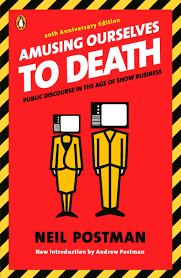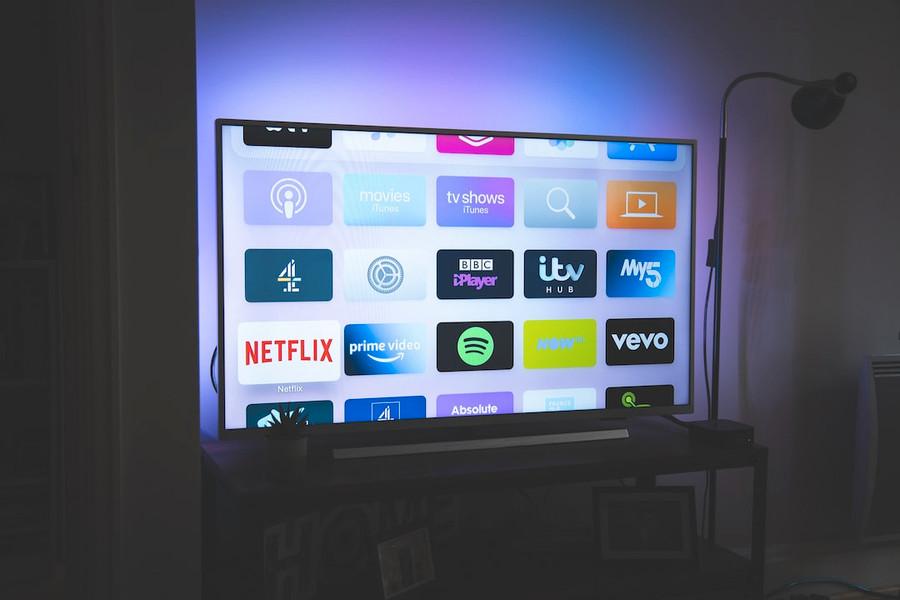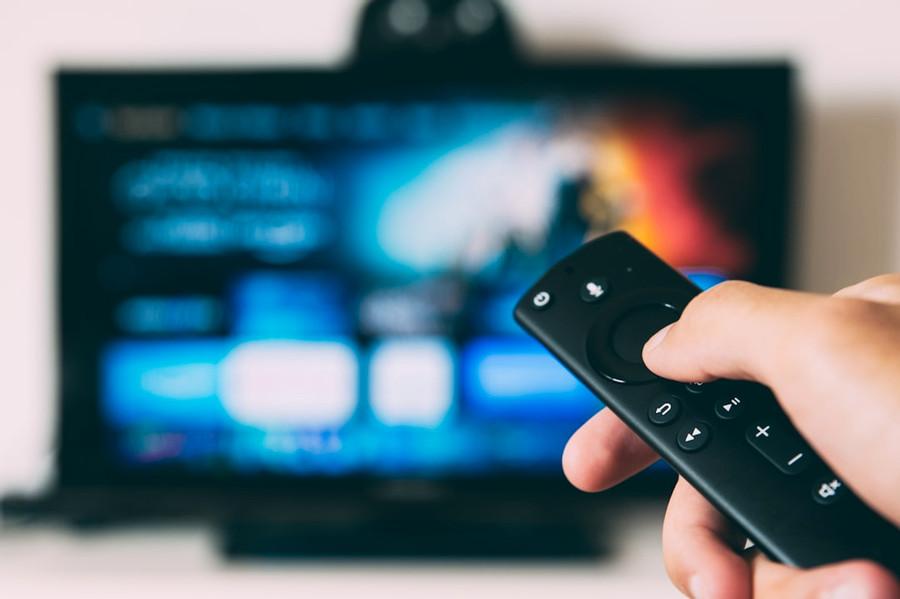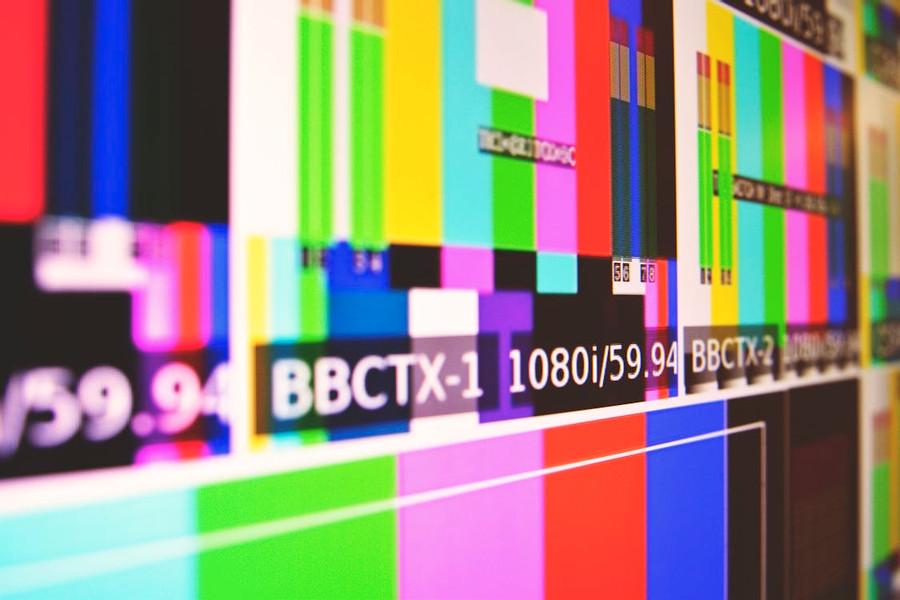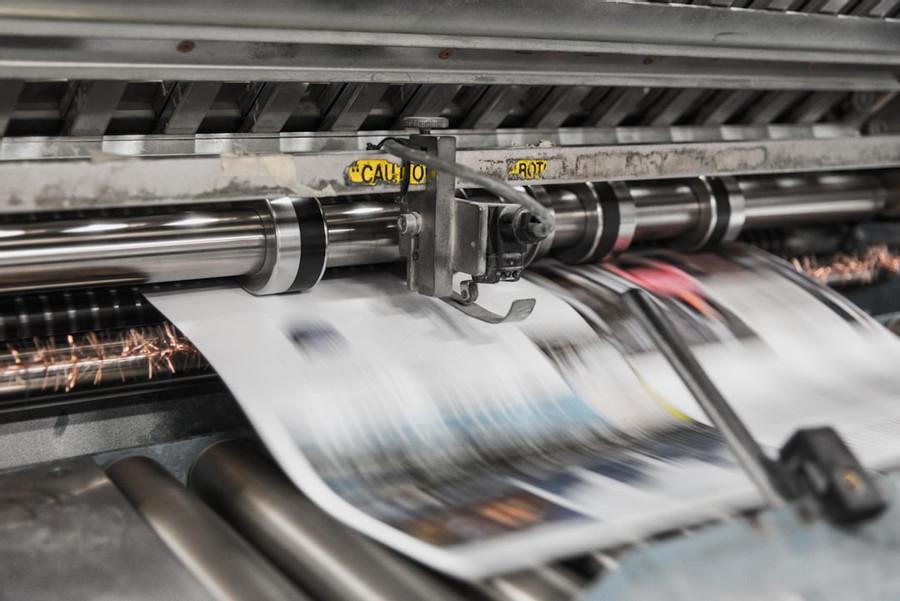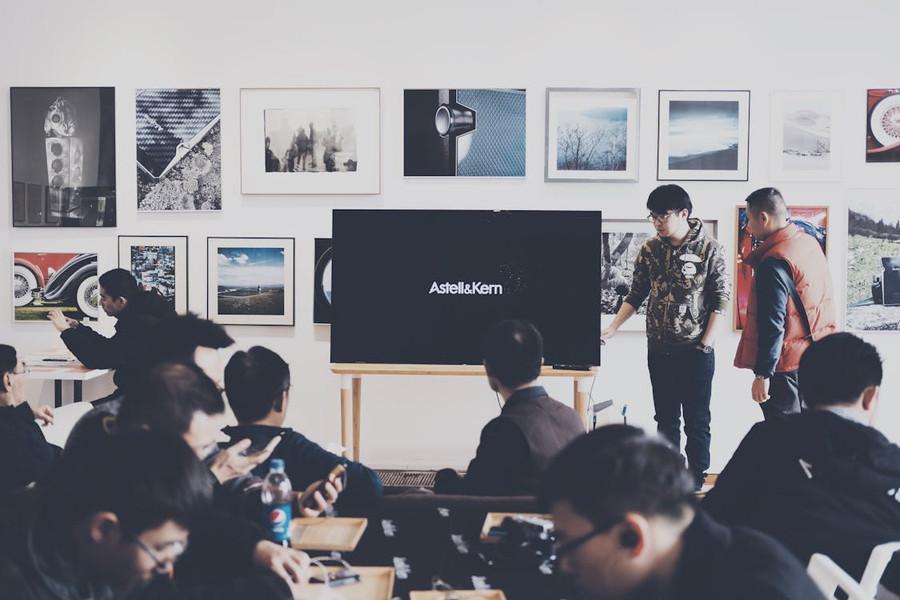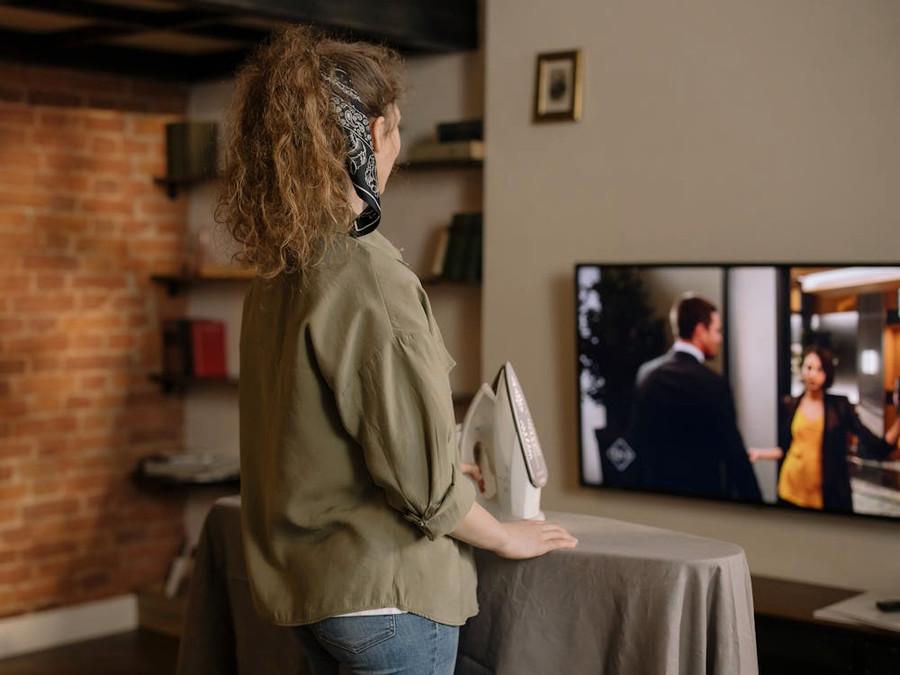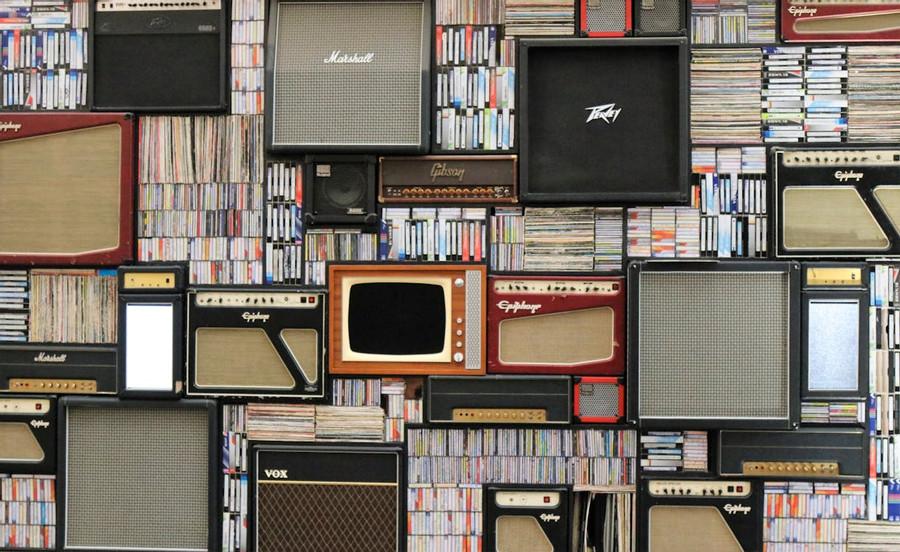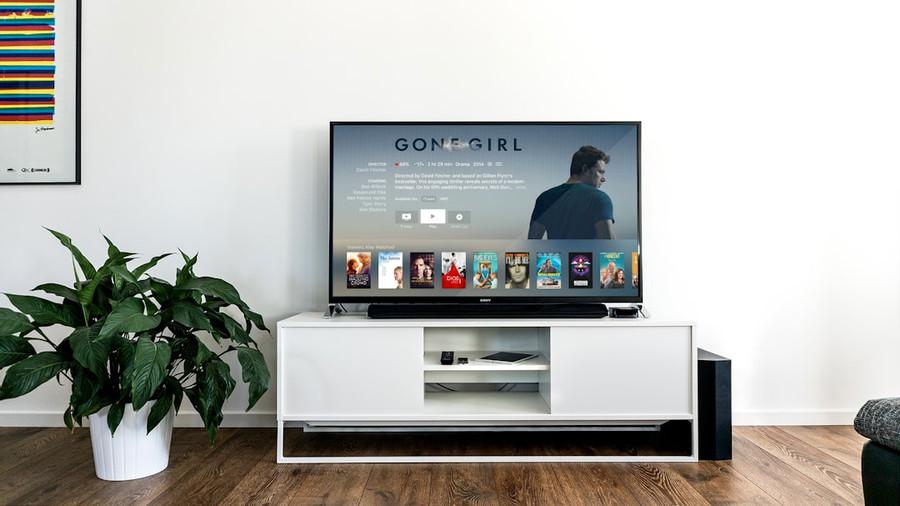Aaron Curtis's Key Ideas from Amusing Ourselves to Death
by Neil Postman
Ideas, facts & insights covering these topics:
22 ideas
·2.8K reads
15
3
Explore the World's Best Ideas
Join today and uncover 100+ curated journeys from 50+ topics. Unlock access to our mobile app with extensive features.
The Two Classics
There are two literary dystopian visions:
- George Orwell, who in “1984” warned about a tyrannical state that would ban information to keep the public powerless
- Aldous Huxley, who in “Brave New World” depicted a population too amused by distractions – entertainment, leisure, and laughter – to realize that they had been made powerless
35
361 reads
How George Orwell Of 1984 Differs From Aldous Huxley's Vision
- Orwell feared those who would deprive us of information. Huxley feared those who would give us so much that we would be reduced to passivity and egoism.
- Orwell feared that the truth would be concealed from us. Huxley feared the truth would be drowned in a sea of irrelevance.
- Orwell feared we would become a captive culture. Huxley feared we would become a trivial culture, preoccupied with some equivalent of the feelies, the orgy porgy, and the centrifugal bumblepuppy.
- In 1984, people are controlled by inflicting pain. In Brave New World, they are controlled by inflicting pleasure.
32
254 reads
The Medium Is the Metaphor
Politics, religion, news, athletics, education, and commerce have been transformed into congenial adjuncts of show business. America favors all those who possess both a talent and a format to amuse. As a result, we as people are on the verge of amusing ourselves to death.
31
220 reads
The Medium Is The Message
Although culture is a creation of speech, it is recreated anew by every medium of communication. Each medium creates a unique mode of communication by providing a new orientation for thought, for expression, for sensibility.
Communication on television is largely done in images, not words. The medium is the message. We do not see nature or intelligence or human motivation or ideology as “it” is but only as our languages are. Languages are our media, the metaphors that create the content of our culture.
30
179 reads
Junk TV Is Okay, It's The Serious TV That Is The Problem
The concept of truth is intimately linked to the biases of forms of expression. The truth must be presented in a certain clothing or it’s not acknowledged. Each culture conceives of it as being most authentically expressed in certain symbolic forms that another culture may regard as trivial or irrelevant.
Truth is a product of a conversation man has with himself about and through the techniques of communication he has invented.
34
190 reads
The Medium Keeps Changing
Since intelligence is primarily defined as one’s capacity to grasp the truth of things, it follows that what a culture means by intelligence is derived from the character of its important forms of communication. A major new medium changes the structure of communication by creating new forms of truth-telling.
While some old media do, in fact, disappear, other forms of conversation – speech and writing, for example – will always remain. Thus the epistemology of new forms such as television does not have an entirely unchallenged influence.
31
148 reads
The Power Of The Written Word
The influence of the printed word in every area of public communication was insistent and powerful not merely because of the quantity of printed matter but because of its monopoly. If you wanted to exchange ideas, you did so in a pamphlet, a debate forum, or a lecture.
These were all places where the form of printed language lent itself to a more sophisticated and elegant content. Lectures and debates didn’t sound like idle conversation—they sounded like writing.
31
133 reads
The Printed Word
In a culture dominated by print, communication follows a coherent, orderly arrangement of facts and ideas. The definition of intelligence gives priority to the objective, rational use of the mind. At the same time, it encourages forms of public discourse with serious, logically ordered content. The printed word had a monopoly on both attention and intellect, as there were no other means to have access to public knowledge.
32
119 reads
It's Showtime!
Toward the end of the nineteenth century, print began to show the early signs of its replacement. Its replacement was to be the Age of Show Business.
In the middle of the 19th century, two ideas laid the foundation for the Age of Show Business:
- Transportation and communication are disengaged from each other
- Space was not an inevitable constraint on the movement of information
The solution to these problems was electricity. The telegraph wrapped the continent in an information grid and created the possibility of a unified American discourse.
32
96 reads
Characteristics Of The New Type Of Communication: Irrelevance
The value of information need not be tied to any function it might serve in social and political decision-making and action but may attach merely to its novelty, interest, and curiosity. The telegraph made information into a commodity, a “thing” that could be bought and sold irrespective of its uses or meaning.
Daily news give us something to talk about but do not lead to any meaningful action. With the abundance of irrelevant information, the information-action ratio/signal to noise ratio is dramatically altered.
33
95 reads
Characteristics Of The New Type Of Communication: Impotence
Before telegraphy, the information-action ratio was sufficiently close so that most people had a sense of being able to control some of the contingencies in their lives. What people knew about had action-value. However, this sense of potency was lost with telegraphy, precisely because the whole world became the context for news. Everything became everyone’s business. We were sent information which answered questions we didn’t ask and that did not allow the right of reply.
32
99 reads
Characteristics Of The New Type Of Communication: Incoherence
Telegraphy brought into being a world of broken time attention. Its main strength was the capacity to move information, not collect it, explain it or analyze it.
The telegraph introduced the language of headlines—sensational, fragmented, impersonal. Its language was discontinuous: one message had no connection another, each “headline” stood alone as its own context.
“Knowing” the facts took on a new meaning: intelligence meant knowing of lots of things, not knowing about them.
Telegraphic communication permitted no time for historical perspectives and gave no priority to the qualitative.
32
86 reads
The Peek-A-Boo World
Pseudo-context: a structure invented to give fragmented and irrelevant information a seeming use. The use it provides is not action, or problem-solving, or change, only information with no genuine connection to our lives
The Peek-a-Boo World: all new media that entered the electronic conversation followed the lead of the telegraph and the photograph, amplifying their biases. It is a world without much coherence or sense but also endlessly entertaining. There is no subject of public interest—politics, news, education, religion, science, sports—that does not find its way to television.
32
90 reads
The Age of Show Business
The television is devoted entirely to supplying its audience with entertainment. The average length of a shot on network television is only 3.5 seconds. The eye never rests and has always something new to see. It offers a variety of subjects that require minimal skills to understand and is aimed at emotional gratification. Even commercials are exquisitely crafted, always pleasing to the eye and accompanied by exciting music.
32
88 reads
The World Is On TV
People no longer talk to each other, they entertain each other. We do not exchange ideas, we exchange images. We do not argue with propositions but with good looks, celebrities, and commercials.
A news show is a format for entertainment, not for education, reflection or catharsis. Thinking does not play well on television, as there is not much to see in it. It’s not a performing art.
32
86 reads
News Is Pure Entertainment
On television, nearly every half hour is a discrete event, separated in content, context, and emotional texture from what precedes and follows it. News are fragmented and without context, consequences, value, or seriousness; they are pure entertainment. The average length of any news story is forty-five seconds, which is not enough time to explore the whole depth of a story. And no matter how grave the news, it’s followed by a series of short commercials.
32
79 reads
Being Misinformed
Television alters the meaning of “being informed” by creating misleading information: misplaced, irrelevant, fragmented or superficial information that creates the illusion of knowing something. We lose the sense of what it means to be well informed. Ignorance is always correctable. But what shall we do if we take ignorance to be knowledge?
31
79 reads
Being Present Vs Seeing On TV
Changing the form of expression also change its meaning, texture or value. Being present and talking to a friend who just lost a loved one has a different meaning than a condolence card. What is televised is transformed from what it was to something else, which may or may not preserve its former essence.
31
77 reads
Politics And Show Business
Show business main business is to please the crowd. With the switch to television, politics became show business. The idea is not to pursue excellence, clarity or honesty, but to appear as if you are. The television is the main vehicle to present political ideas, used in political campaigns and through commercials. Commercials are on average 15 seconds and use visual symbols that help us learn the lessons being taught. Being sold solutions is better than being confronted with questions about problems.
32
74 reads
A Book Is Better Than TV
A book is all history. As no other medium before or since, the book promotes a sense of a coherent and usable past. Television is a speed-of-light medium that permits no access to the past. Everything presented in moving pictures is experienced as happening “now”. Its purpose is to move fragments of information, not to collect and organize them. Television does not ban books, it simply displaces them.
31
81 reads
The Three Commandments Of TV
The new education is based on the speed-of-light electronic image, with new conceptions of knowledge and how it is acquired. There are three commandments that form the philosophy of the education which television offers:
No prerequisites: every television program must be a complete package in itself with no previous knowledge required.
No perplexity: perplexity means low ratings. There must be nothing that has to be remembered, studied, applied or endured.
No exposition: television-teaching always takes the form of story-telling, conducted through dynamic images and supported by music
33
84 reads
The Bottom Line
When people become an audience and their public business a vaudeville act, then a nation finds itself at risk; culture-death is a clear possibility. The problem, in any case, does not reside in what people watch. The problem is in that we watch. The solution must be found in how we watch. No medium is excessively dangerous if its users understand what its dangers are
31
87 reads
IDEAS CURATED BY
CURATOR'S NOTE
TV is bad for you.
“
Aaron Curtis's ideas are part of this journey:
Learn more about artsandculture with this collection
Cultivating a growth mindset and embracing challenges
Developing adaptive thinking and problem-solving skills
Effective learning frameworks and approaches
Related collections
Discover Key Ideas from Books on Similar Topics
5 ideas
5 positive effects music has on your mental health
openminds.org.au
2 ideas
The Architecture of Happiness
Alain De Botton
3 ideas
The Status Game
Will Storr
Read & Learn
20x Faster
without
deepstash
with
deepstash
with
deepstash
Personalized microlearning
—
100+ Learning Journeys
—
Access to 200,000+ ideas
—
Access to the mobile app
—
Unlimited idea saving
—
—
Unlimited history
—
—
Unlimited listening to ideas
—
—
Downloading & offline access
—
—
Supercharge your mind with one idea per day
Enter your email and spend 1 minute every day to learn something new.
I agree to receive email updates
